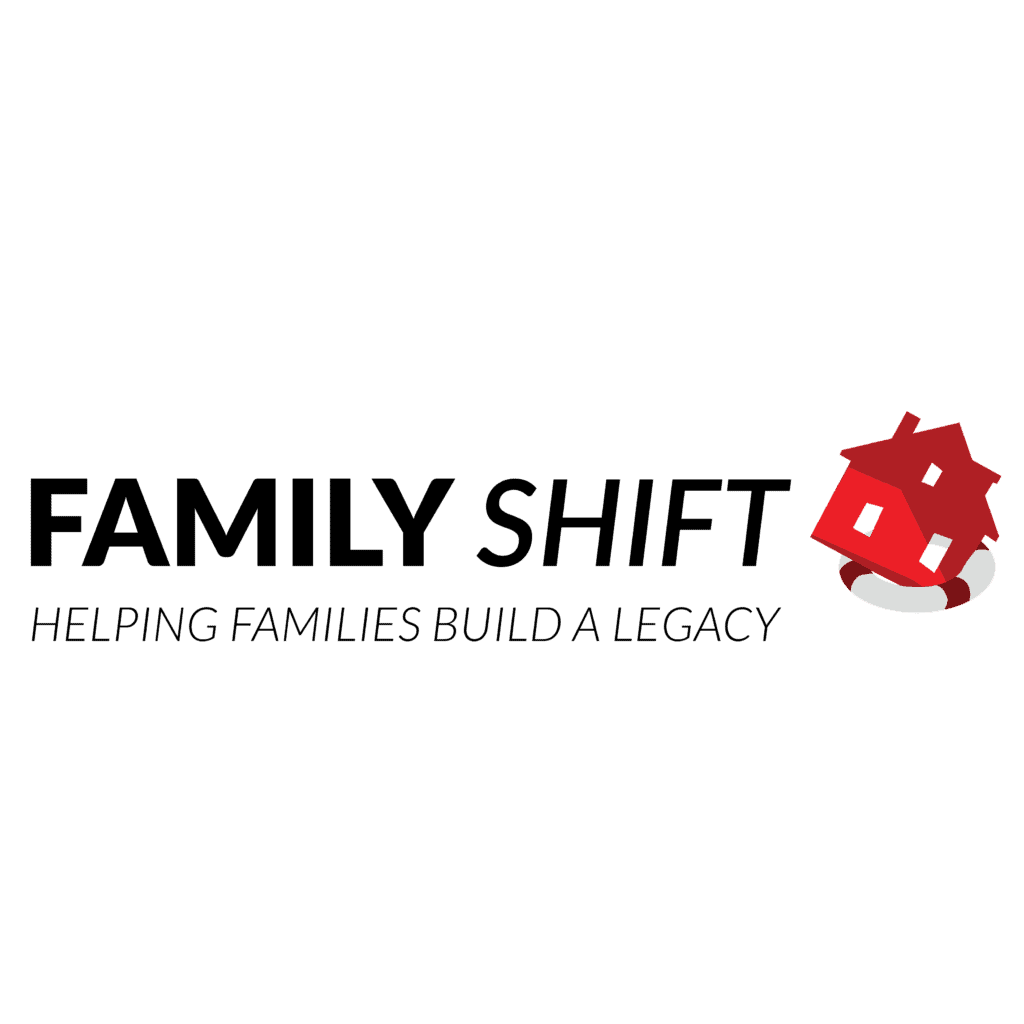Did you know that family psychologists believe there are four common parenting styles that most parents fall into? These styles are not just limited to parents and kids; we see them in marriages, work, and friendships. For the sake of this article, have you ever considered what style of parenting best represents you?

1. Permissive
Permissive parents have rules, but they don’t enforce them. Remember the old game called Etch A Sketch? Using the two knobs to draw lines or images on the screen, the benefit to Etch A Sketch was the fact, at any given time, if you didn’t like what you drew and wanted to change it, all you had to do was “shake it” and the lines or images would disappear. This is what many permissive parents do when it comes to rules. What may be wrong one day is acceptable or overlooked the next. When the rules, boundaries, or expectations are being moved, ignored, or accommodated, this creates confusion for our kids and causes them to take advantage of situations or become non-compliant.
2. Uninvolved
According to studyfinds.org, parents spend five hours per week face-to-face with their children. With the ever-increasing demands between work and home and all the digital distractions, it can be easy for parents to disengage and disconnect from giving their kids the attention, instruction, love, or guidance they need. Parents can also find themselves overwhelmed by traumatic life events, leaving them with nothing to give their children because of their empty emotional tanks.
3. Authoritarian
These parents might look good or put together on the outside, but behind the scenes, they are strict and demanding. Like a “drill sergeant” that demands first-time obedience, the home’s tone or atmosphere can be categorized or driven by fear instead of love. Sadly, during the pandemic, domestic abuse and violence have continued to be on the rise.
4. Authoritative
This parenting style takes on the form of a servant leader. They have a sense of purpose and intention, and they lovingly and patiently take the rest of the family with them. They know the way and show it by example. They have rules, and they let their children experience the consequences of their choices, both good and bad. They also invest time and energy to build strong relationships with each other, and they value each person’s uniqueness in the family.
Why is it important to know what kind of parenting style we have with our kids? The way we approach raising our children will help or hurt the legacy we leave for them. Over the years, parents have confessed a sense of guilt or regret for things they’ve done or haven’t done in raising their children. Did you know there is power in regret? In his book, Your Best Year Ever, Michael Hyatt observes, “The only people with no hope are those with no regrets.”
A couple of years ago, my wife, Michelle, experienced severe pain in her left shoulder and arm. She thought she had slept on it wrong. Her pain progressively got worse. She tried ice and heat, and nothing was bringing relief to her pain. We even bought a new mattress, thinking it may have been the root problem. After seeing her doctor and getting an MRI, her doctor diagnosed her with “frozen shoulder.” It typically takes time and intense physical therapy for the condition to go away. What she learned is pain can serve as a tremendous indicator that something is wrong in our lives. As long as we acknowledge our pain and do something about it, we can overcome it. Pain can birth something positive in our life. Regret doesn’t have to be the worst thing in the world. It can undoubtedly crush a person with a sense of worthlessness and helplessness, but it can be a powerful fuel for growth if we let it. The problem is that we hate the feeling so much we often fail to acknowledge it, and if we don’t acknowledge it, regret will eat us alive from the inside out. Again, our thoughts about these things can weigh us down like a ton of bricks or propel us to make better choices in the future.
Maybe you’ve found yourself being too permissive or uninvolved, or perhaps you have found yourself crossing the line with threats and demands that evoke fear in the heart of your child. You don’t have to live with regret or feel the sense of worthlessness or helplessness you’re feeling as a parent. Instead, let your pain of regret fuel your growth to seek help from a trusted friend, pastor, or counselor who can help you address the root problem behind your parenting style. When you acknowledge your pain and do something about it, you can overcome it in order to create and leave the legacy you desire for your children and future generations.



